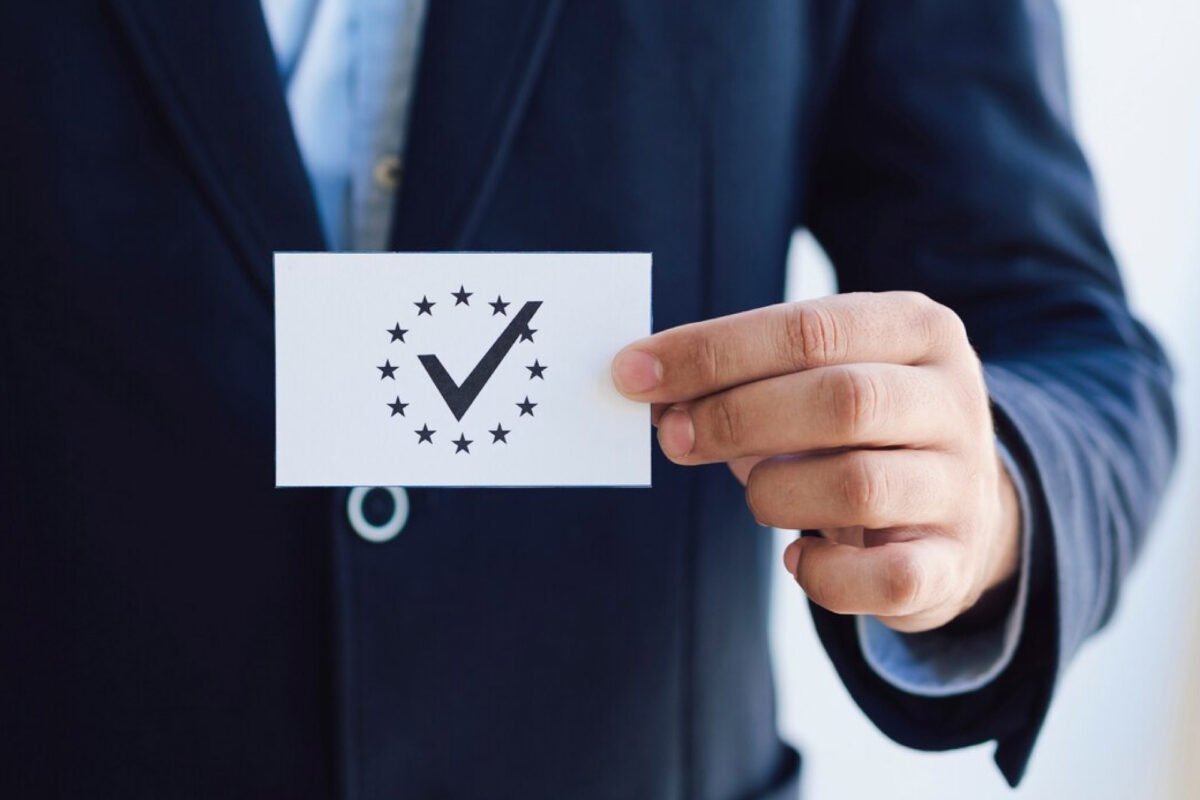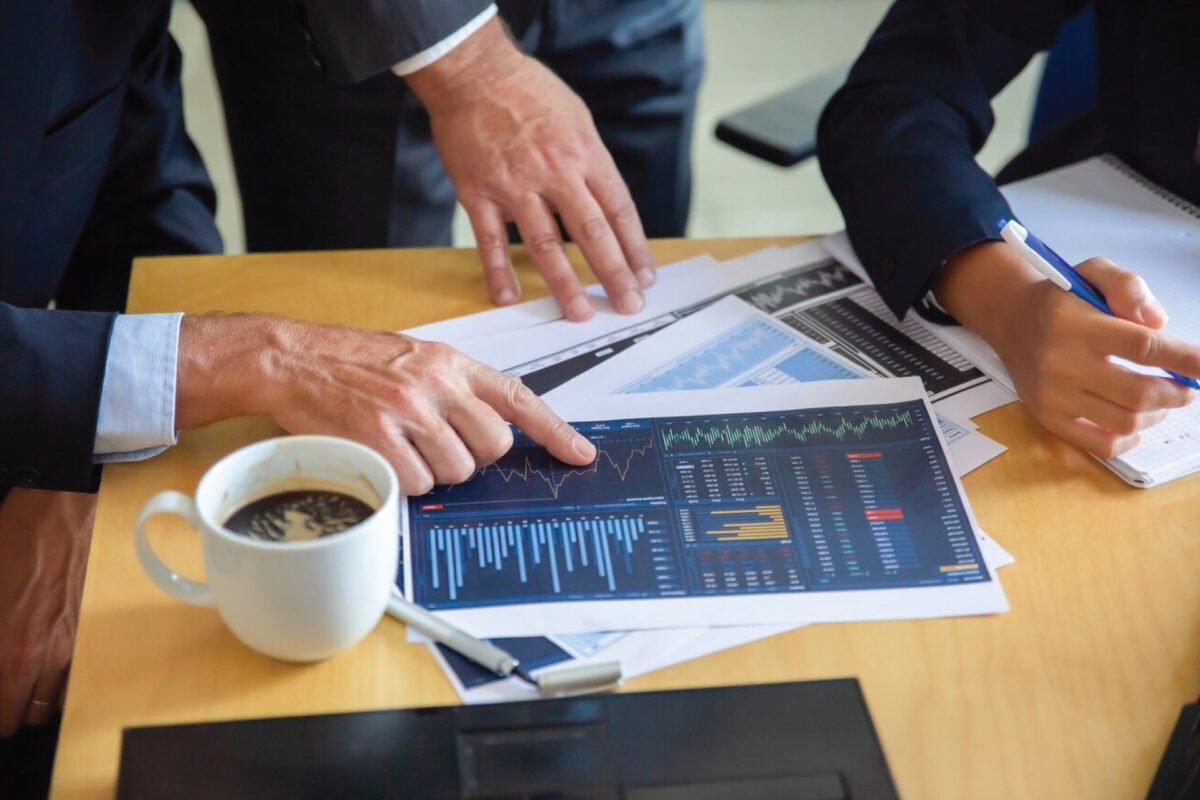In 1979, two visionaries sat at a kitchen table in suburban Massachusetts and brainstormed how to apply technology to the challenge of calculating sales tax rates. Shortly thereafter, Taxware was founded. Today, the company is a global tax software leader known as Sovos, and it is celebrating 40 years of helping retailers, manufacturers, financial services and other companies calculate, remit and report taxes with ease.
“Our company’s founders saw a need for technology that could help businesses adapt to changing sales and use tax regulations. In the 1970s and 80s, no one could predict the ecommerce boom, nor the acceleration of tax regulation, digitization and automation that has swept the industry in recent years,” said Andy Hovancik, CEO of Sovos. “Our team of regulatory experts and product innovators have kept Sovos a step ahead of this tidal wave – ensuring that the thousands of businesses that rely on us are not just in compliance today, but prepared for what’s next.”
Register for the Sovos Webinar “Preparing for the Second Wave of Wayfair” and learn more about what’s next in sales and use tax enforcement. fintech event
Four decades of increasing tax compliance complexity
In the United States, businesses with nationwide nexus must track and comply with regulations in each of the 12,000 state and local tax jurisdictions in which they do business — a number that has grown enormously since 1979. In the past 25 years alone, California, for example, has gone from approximately two city-level district rates to more than 200 today, an increase of 9,900%. Adding to this complexity, rates and rule accuracy is a continually moving target that is becoming harder to hit. Sovos monitors and accounts for thousands of state and local rate changes every year, and between 2017 and 2018 alone, the company noted a 28% increase in the number of jurisdictions reporting a standard rate change.
Since Sovos’ founding, technology has changed the way businesses operate and consumers buy goods, leaving states no choice but to adapt or see their revenue slip away. This transformation is central to the 2018 Supreme Court decision in South Dakota v. Wayfair, which eliminated the requirement that states limit sales tax compliance to companies with a physical presence within state borders. Today, remote sellers have to collect and remit sales tax in 43 states that have varying economic nexus laws. In a second wave of response to the Wayfair decision, states are now shifting focus from defining economic nexus to enforcing updated regulations. They may use traditional tax audits to do so, or they could expand the use of automated, data-driven systems to pinpoint discrepancies and assess tax, penalties and interest.
“Companies must re-evaluate their existing tax compliance methodologies or face tremendous risk,” said Charles Maniace, vice president of regulatory analysis and design at Sovos. “Processes put in place five or 10 years ago are likely insufficient to accurately manage today’s vastly expanded collection and reporting responsibilities. Modern tax requires a strategic and technology-focused approach that not only contemplates requirements that exist today, but also what might exist tomorrow.”
Solving Tax for Good
By building upon its roots in sales and use tax, Sovos has expanded its solutions over the past 40 years to address the challenges of modern tax, including tax determination, tax and regulatory reporting, and e-invoicing compliance in more than 60 countries. Today, Sovos supports more than 7,000 customers worldwide, including Johnson Controls, Steelcase and more than half of Fortune 500 companies.
Driving the company’s mission to Solve Tax for GoodTM are more than 1,300 employees in 14 offices across 10 countries. In addition, Sovos has strategic partnerships or alliances with top technology and advisory companies, including SAP, NetSuite,Magento, Oracle, Salesforce Commerce Cloud, Grant Thornton and Squire. Sovos also teams with global service providers, including KPMG, to deploy its solutions. In 2019, IDC named Sovos a leader in the first MarketScape report on sales tax and global VAT automation.



